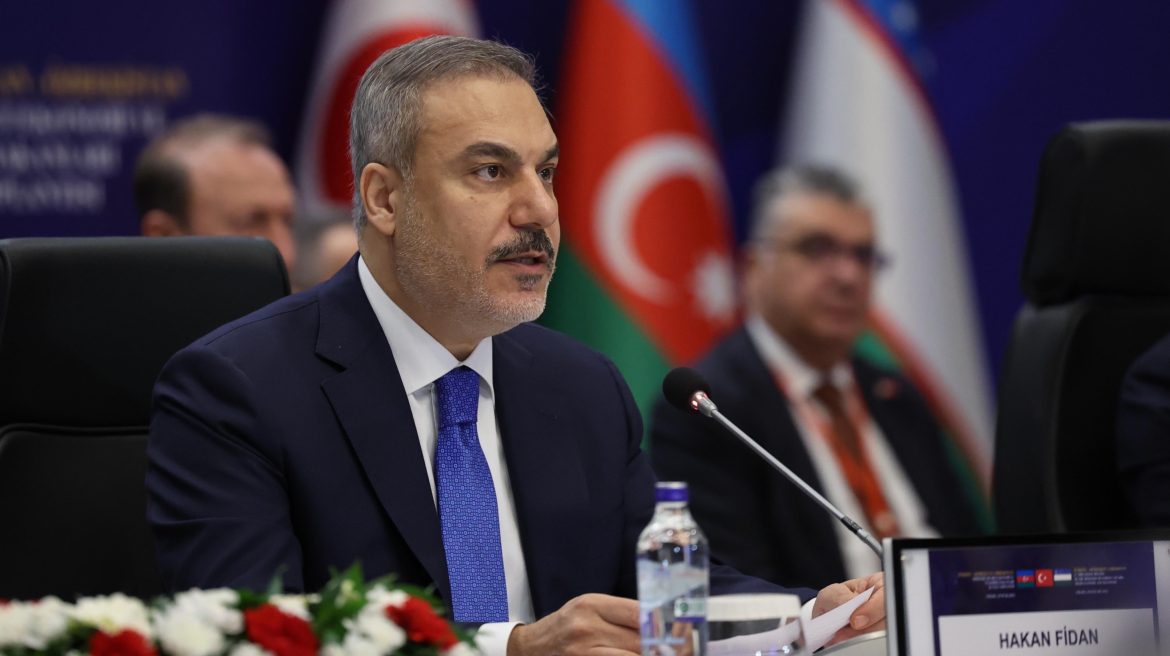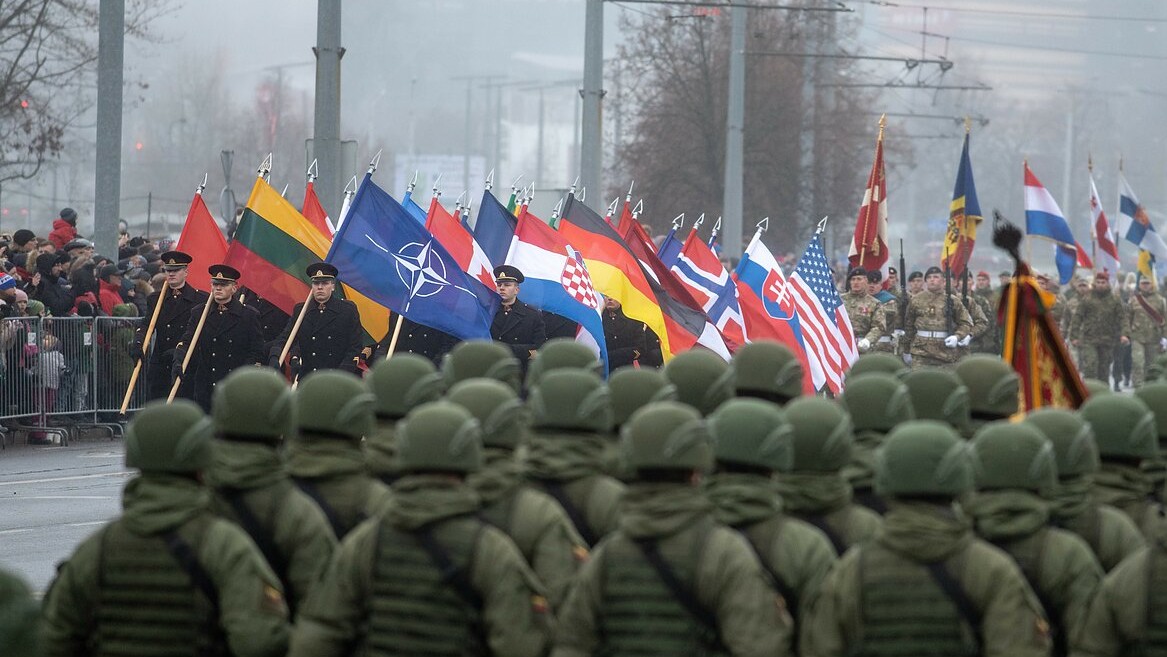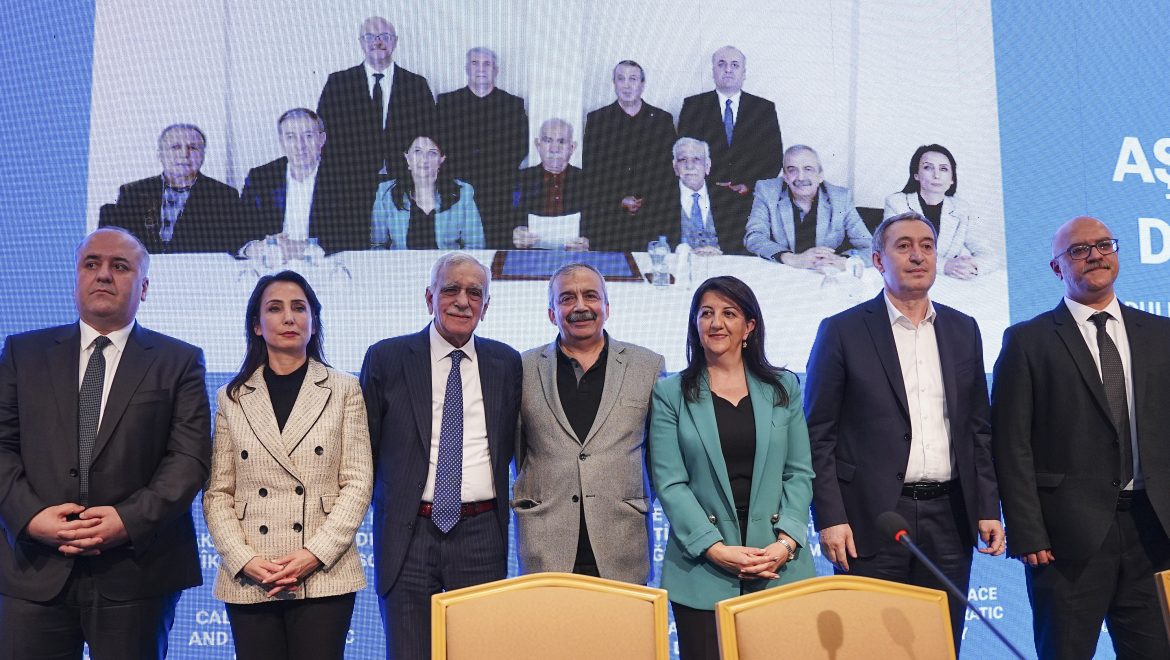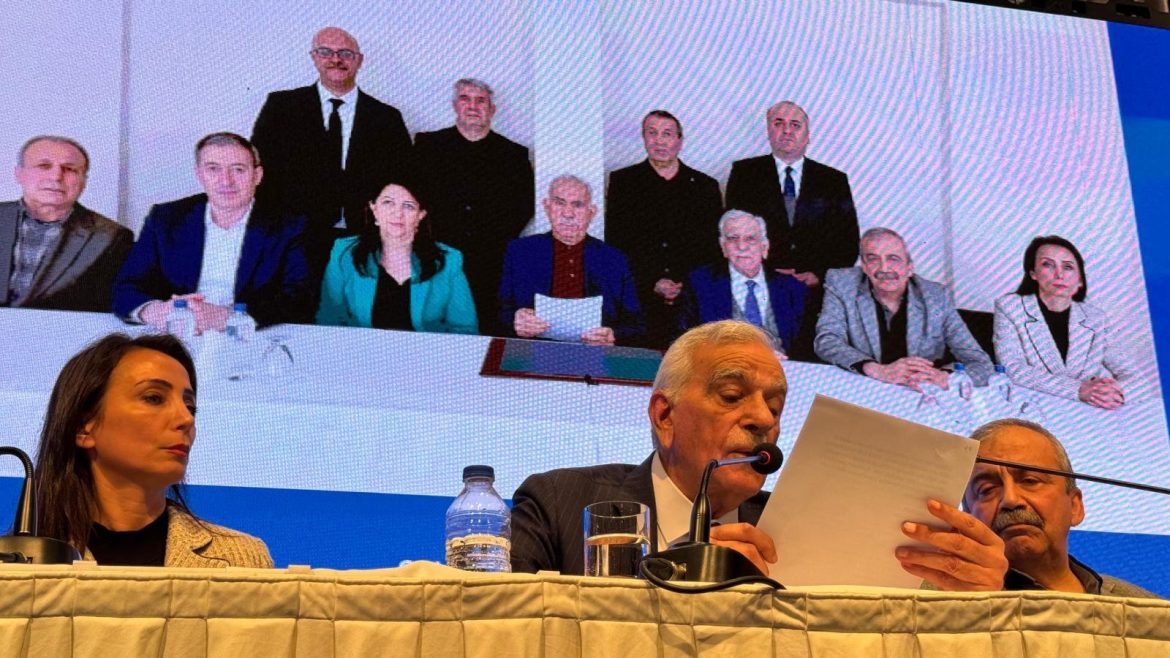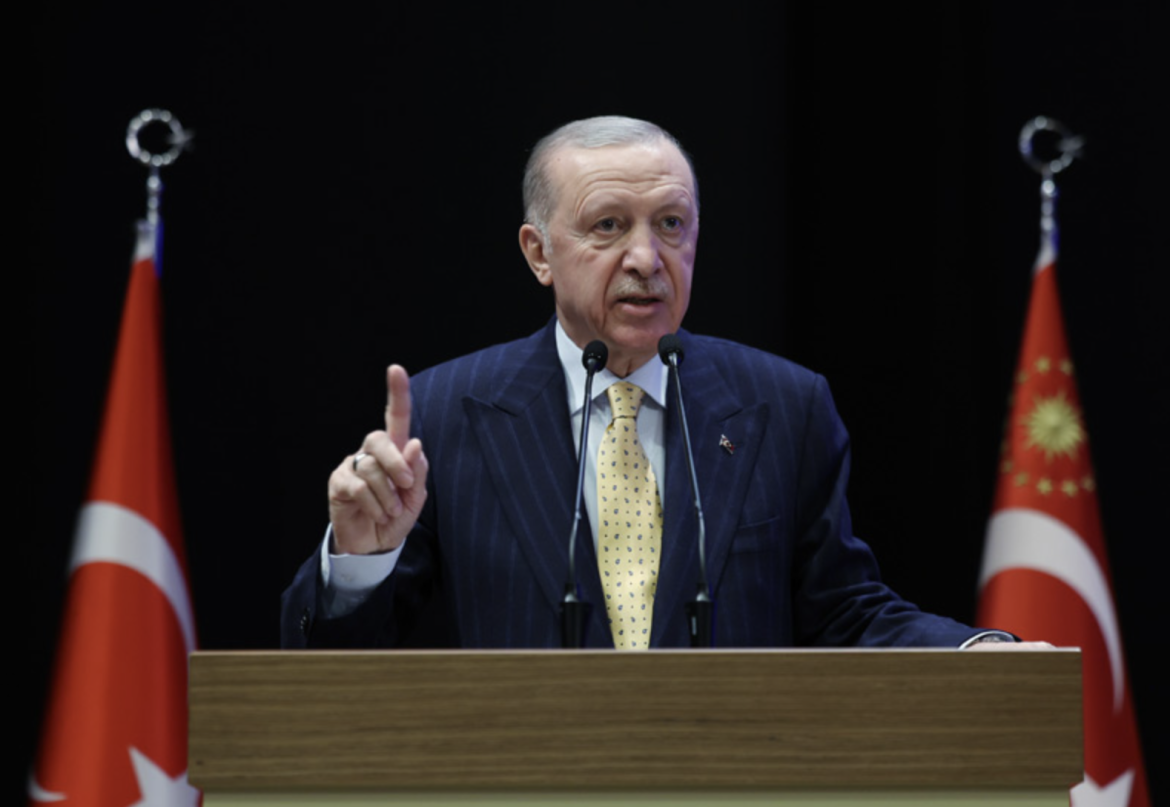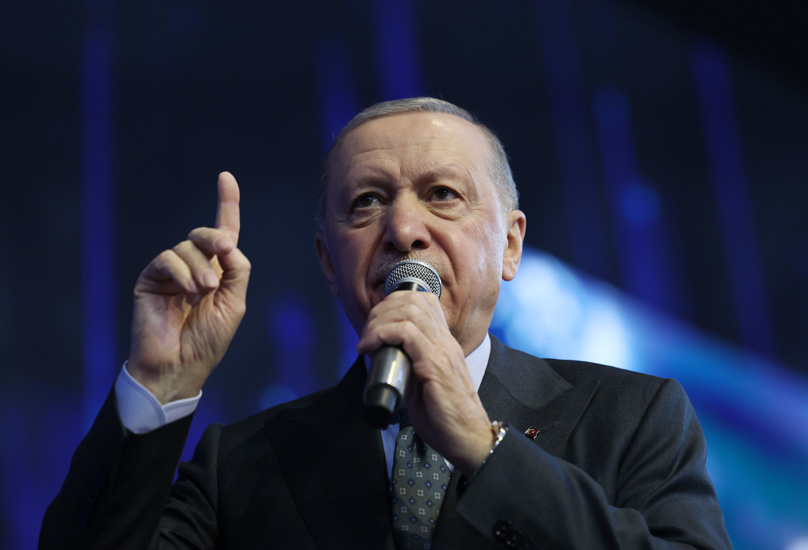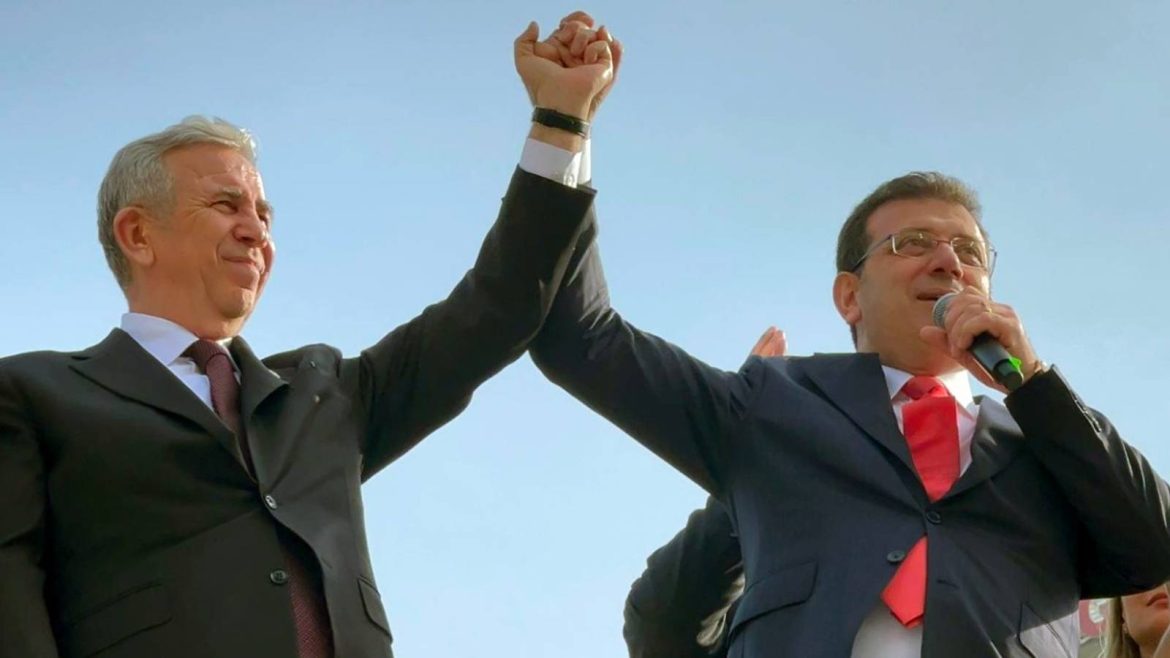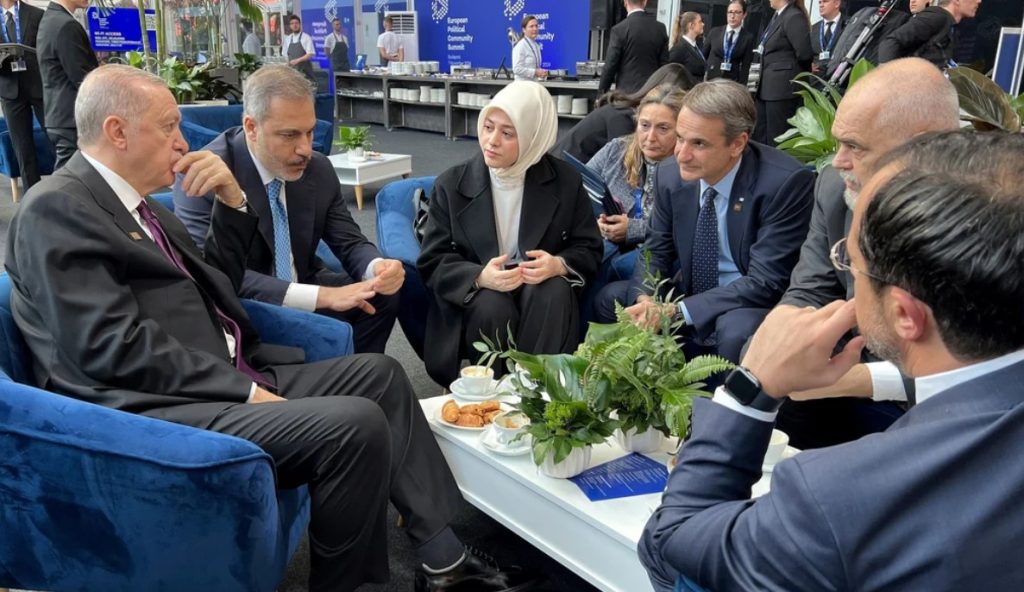Turkish Domestic Politics: Analysis and forecast on all relevant developments and insight about Turkish politics with its repercussions in its neighboring countries
This sentence, uttered by the Turkish Foreign Minister Hakan Fidan to the Financial Times, summarizes the view of Türkiye regarding the changing global geopolitics in the wake of US President Donald Trump’s comments in the last few weeks. This sentence is preceded by “Türkiye would want to be part of any new European security architecture
The return of Donald Trump to the White House has reshaped global geopolitics overnight. His administration’s reassertion of the America First doctrine, alongside public threats to reduce US commitments to NATO and pressuring European nations to shoulder more of their own defense costs, has placed the European Union at a crossroads. While Europe has long
When I was writing my book “Kürt Kapanı (The Kurdish Trap)” about the full story of the capture of Abdullah Öcalan, the founding leader of the outlawed Kurdistan Workers’ Party (PKK), Süleyman Demirel, the Turkish President of the time, told me that İsmail Hakkı Karadayı, the Chief of General Staff at the time, had said
The most challenging hurdle was Abdullah Öcalan—who founded the PKK nearly half a century ago—declaring that the organization has run its course and should lay down arms and dissolve itself. This critical threshold was crossed when the pro-Kurdish Peoples’ Equality and Democracy (DEM Party) delegation, visiting İmralı for the third time on February 27, clearly
The long-standing PKK issue in Türkiye has once again taken center stage with Abdullah Öcalan’s call for the organization’s dissolution and an end to armed struggle. At first glance, this statement may seem like a historic turning point. However, when considering its legal, security, and geopolitical dimensions, it becomes clear that the matter is far
Turkish President Recep Tayyip Erdogan has issued a stark warning to main opposition Republican People’s Party (CHP) leader Özgür Özel, after Özel criticized military commanders over the controversial dismissal of five army cadets. “As Commander-in-Chief, I am telling you: Watch your step. If you don’t, we know how to make you,” Erdogan said on February
Following a cabinet meeting on February 24, President Tayyip Erdoğan made provocative statements likely to irritate European Union officials already caught between US President Donald Trump and Russian President Vladimir Putin. According to Erdoğan, “liberal democracy, the most captivating ideology of the last century, has entered a serious crisis and impasse.” He claims the resulting
Donald Trump’s warm and friendly phone call with Vladimir Putin and his subsequent approach to determining Ukraine’s fate resembles a real estate mogul deciding which bankrupt casino to offload next. One can almost hear him thinking, “Why pay for something when you can just give it away?” Trump and his loyal Secretary of Defense, Pete
President Recep Tayyip Erdoğan is seeking to run for office once again by securing a parliamentary majority and exploiting a constitutional ambiguity. The opposition Republican People’s Party (CHP) has two formidable potential candidates to challenge him: Mansur Yavaş, the Metropolitan Mayor of Ankara, and Ekrem İmamoğlu, the Metropolitan Mayor of Istanbul. While Erdoğan has thus
Under the auspices of the United Nations (UN) Secretary-General, Türkiye, Greece, the United Kingdom, the Turkish Cypriot, and the Greek Cypriot sides will convene for a five-party conference in Geneva on March 17-18 with the purported aim of launching a new process in the Cyprus issue. However, diplomatic engagements so far indicate that this meeting
